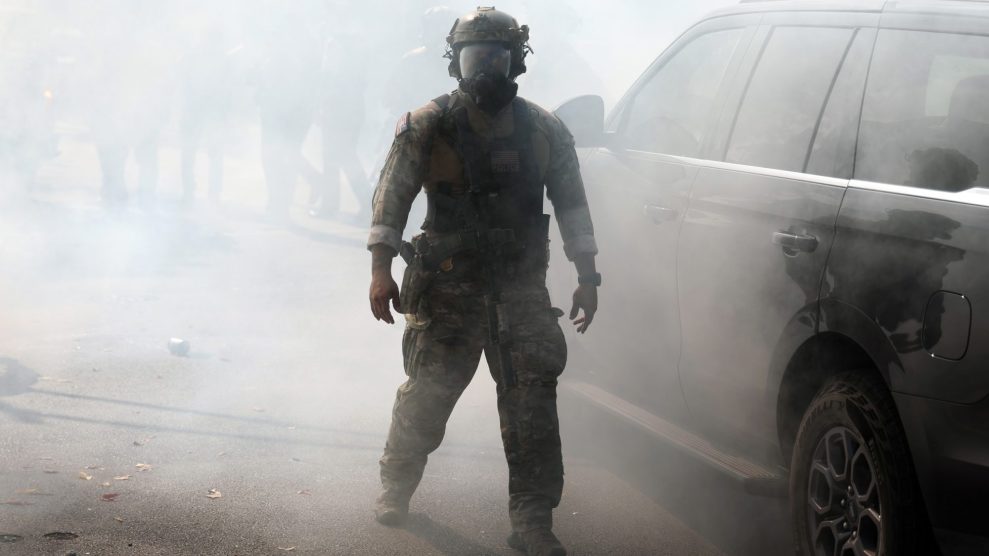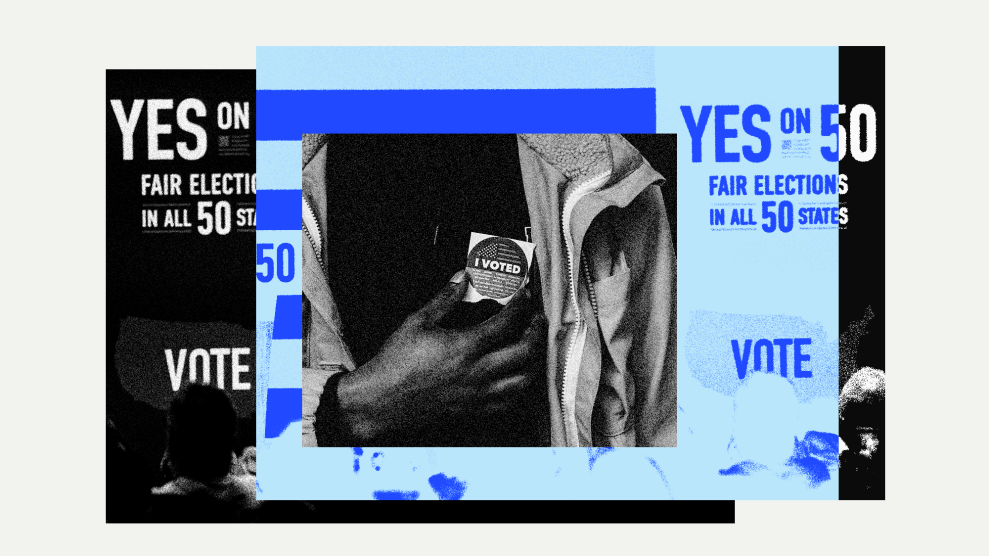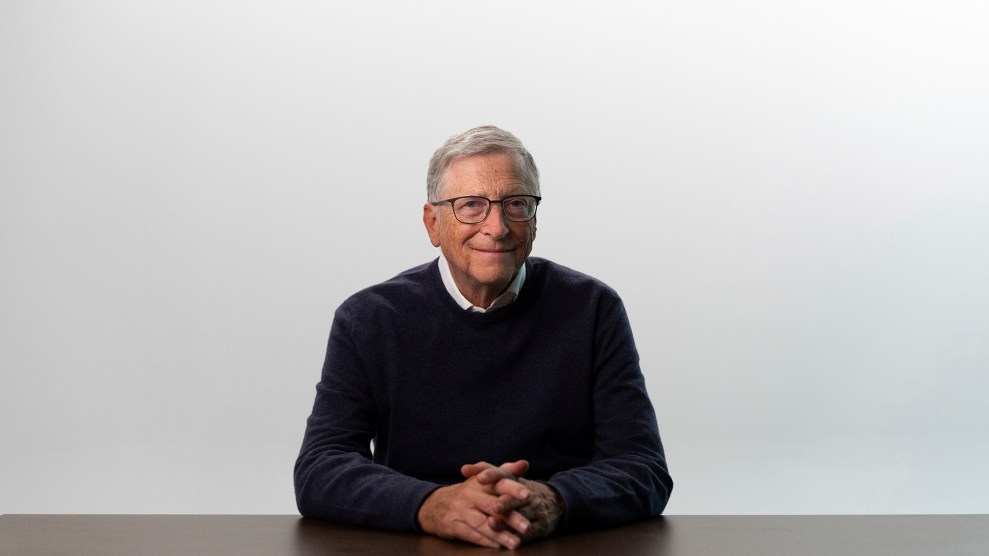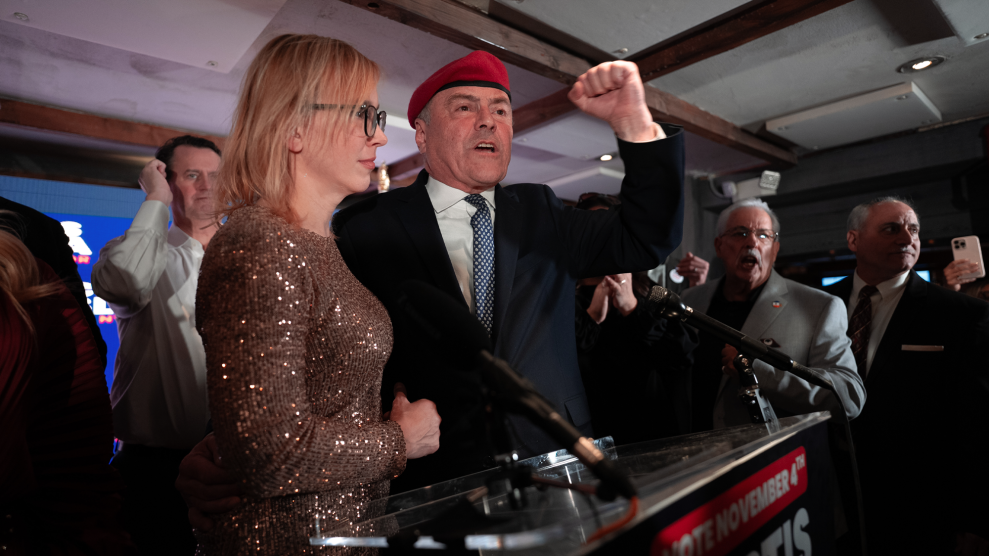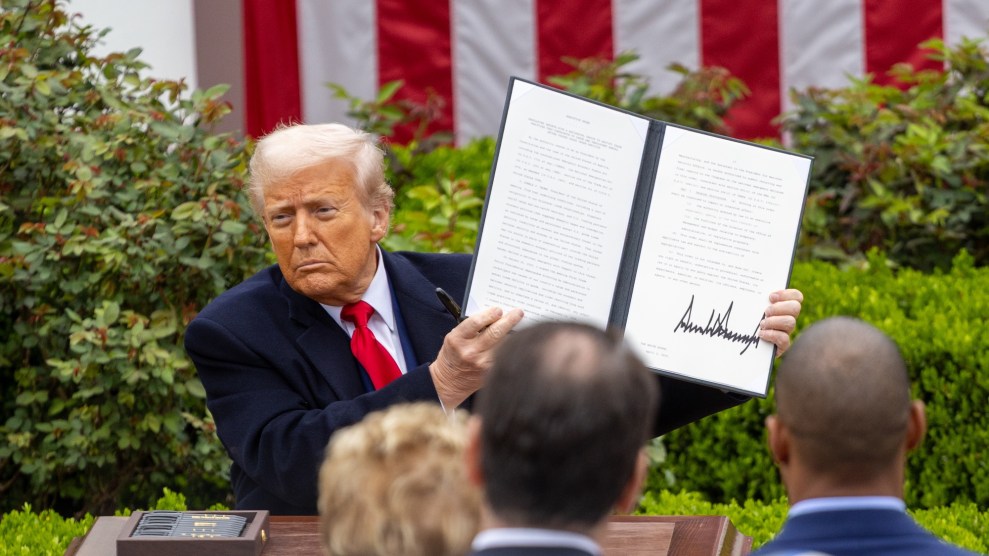Marc Lynch raises some crucial questions about Hamas’ victory in the Palestinian parliamentary elections yesterday:
Hamas winning and presumably moving to form a government is the first real instance of an Islamist movement on the brink of winning power democratically since 1992 [i.e., since the FIS won elections in Algeria, only to be denied power by a military coup].
If [Hamas takes] power, we are going to see some major political science propositions put to the test: does power moderate or radicalize Islamist groups? Will they be willing and able to work with non-Islamist parties in a coalition? Will they use their democratic victory to abolish democracy? Will Islamist groups concentrate on the pragmatics of rule or resort to foreign policy grandstanding? Will they use their position of power to pursue terrorism? Will they be willing to set aside doctrine and work pragmatically with Israelis and Americans? Will they use government power to impose unpopular sharia rule over their people? Will they oppress Christian and non-Islamist Muslims?
I’m not sure anyone knows the answers for sure. A handful of reasons for optimism: Hamas has mostly adhered to the ceasefire over the past six months, certainly more strictly than Fatah has; at the local level, where it has previously won elections, Hamas has been dealing with Israel regularly and for the most part has focused solely on day-to-day governing and economic development, rather than talking up the virtues of a sharia state. And judging from recent polling, most Palestinians would support a compromise peace settlement with Israel, and increasingly are souring on Hamas’ armed wing, the al-Qassam Brigades. Popular opinion could prove a moderating force. On the other hand, this is Hamas, after all—it’s still a terrorist group with extreme views, a bloody reputation, and clandestine wings ready to resume attacks against Israel at any time.
At any rate, here’s an insightful—and I assume fairly firsthand—account of how and why Hamas actually won the elections, courtesy of a commenter on As’ad Abu Khalil’s site:
It is only partially (and I stress partially) true that the vote for Hamas was a vote against [the largely corrupt] Fatah, but it was much more than a protest vote. The candidates that Hamas fielded were… by and large very qualified candidates who are well known and respected in their districts. They are well-educated professionals including doctors, professors, teachers, etc.
What struck me was the level of organization, dedication and quiet self-confidence of the Hamas campaign. In most polling districts Hamas volunteers, armed with computers, helped voters locate their names in the registries and their polling place. Early in the evening, most pollsters were predicting a Fatah win, but as early as 6 hours after the close of the polls, Hamas was quietly and confidently saying that their internal counts (based on volunteers at every polling station) showed them winning more than 70 seats (not far from the actual outcome). To me that was very impressive.
An interesting factor that could explain why the exit polls did not predict the outcome is that many voters (especially among police and security services) were afraid to tell the pollster that they had voted for Hamas.
A win like this does not come easy. Hamas worked hard in the face of large obstacles to achieve it. In the face of US and European financing for Fatah and some so-called “independents,” Hamas financed its campaign (with a smaller budget) by asking for a 10% contribution from the salaries of its cadres. In addition, they received free support from thousands of volunteers. Hamas proved the value of its grassroots organization.
One could also wonder how much Western support ended up hurting Fatah at the polls. Also note that if more than 6 percent of the some 250,000 Palestinians living in occupied East Jerusalem had been allowed to vote, the election might have turned out differently. This bit, from the same commenter, is also interesting, and perhaps a sign of things to come:
The second observation is that Hamas, before and after the election, is reaching out to all Palestinians, including Fatah. There is no gloating in their victory; instead they emphasize national unity and partnership. During the campaign, I tried to keep up with the pronouncements of both Fatah and Hamas. To Hamas’ credit they did not engage in smear campaigns, dirty tricks, name calling, etc which Fatah used. I think that Hamas set a much better tone and an example, and that, no doubt, helped it.
In that vein, the International Crisis Group paper on how the U.S. and Europe can encourage a moderate Hamas-led government is interesting:
Western countries have not done the one thing that might have had a positive impact: try to shape Hamas’s policies by exploiting its clear desire for international recognition and legitimacy. There is every reason for the West to withhold formal dealings at a national level, at least until it renounces attacks against civilians and drops its opposition to a two-state solution, but the current confused approach – boycotting Hamas while facilitating its electoral participation; facilitating its participation without seeking through some engagement reciprocal concessions – makes no sense at all.
Without conferring immediate legitimacy on Hamas, engaging its national officials or removing it from the terrorism list, the EU in particular – which has more flexibility than the U.S. in this regard – should encourage the Islamists to focus on day-to-day matters and facilitate a process of potential political integration and gradual military decommissioning. With Prime Minister Sharon’s sudden incapacitation, an already impossibly perplexing situation has become more confused still. Using Western economic and political leverage to try to stabilise the Palestinian arena would be far from the worst possible investment.
All of that seems sensible, worth trying, and hardly naïve about what Hamas is and what it’s known for. As Marc Lynch points out, if the United States doesn’t even give Hamas a chance, that will further undercut perceptions about its commitment to democracy in the Middle East. On the other hand, Israel may not prefer to try to moderate Hamas—after all, it’s much easier to justify the security barrier and settlements in the West Bank if there’s an extremist group on the other side. I guess we’ll find out when the Israeli elections come around.
more: Jonathan Edelstein is, as always, endlessly informative.




